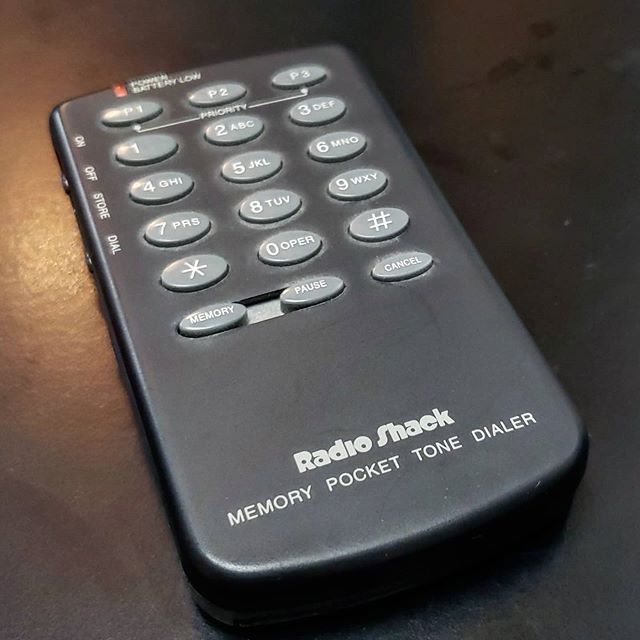A phone phreak is someone who loves exploring the telephone system and experimenting with it to understand how it works. Phone phreaking got its start in the late 1950s. Its golden age was the late 1960s and early 1970s.
What did phone phreaks do?
Phone phreaks spent a lot of time dialing around the telephone network to understand how the phone system worked. They listened to the clicks, clunks, beeps, and boops to figure out how calls were routed. They read obscure telephone company technical journals. They learned how to impersonate operators and other telephone company personnel. They dug through telephone company trash bins to find “secret” documents. They solved puzzles. They snuck into telephone company buildings at night and wired up their telephones. They soldered. They built clever little electronic devices called blue boxes, black boxes, and red boxes to help them explore the network — and make free phone calls. They hung out on early conference call circuits and “loop around” to communicate with one another. They wrote their newsletters to spread information.
Some used their blue boxes to wiretap people. The police and FBI investigated many. Some were arrested. Some informed their friends. A few went to prison.

So phone phreaking was illegal?
Exploring the telephone network wasn’t (and isn’t) illegal in and of itself. But phone phreaks sometimes used their skills to make free telephone calls, which was illegal. Additionally, some phone phreaks wiretapped telephones or stole telephone company equipment, getting them into hot water.
In the 1970s, the term phone phreak became synonymous with anyone who stole telephone service. Because of this, the phrase “phone phreak” has two meanings. On the positive side, it describes somebody curious about the telephone network and likes to explore it. On the negative side, it means somebody who likes to “break into” or abuse the telephone network or makes phone calls without paying.
So phone phreaks are kind of like computer hackers?
Yes! The word “hacker” originally meant somebody who enjoyed exploring, playing with or learning about computers. Like “phone phreak,” it later shifted to negative connotations: somebody who breaks into or abuses computers.
Interestingly, the first mention of the word “hacker” in its modern context was in a 1963 MIT student newspaper article about students hacking the telephone system!
Are there still phone phreaks today?
Yes. As long as there are telephones, there will be phone phreaks. Techniques have changed over the last 40 years (blue boxes don’t work anymore, for example), but the elemental urge to understand and explore the telephone network seems deeply rooted — especially in teenage boys and young men.
A blue box is an electronic device that generates the in-band signaling tones formerly generated by telephone operator consoles to control telephone switches. Developed during the 1960s, blue boxes allowed private individuals to control long-distance call routing and bypass telephone companies’ toll-collection mechanisms,[2] enabling the user to place free long-distance telephone calls on national and international circuits.
At first, these techniques were limited to a small group of “phreakers“, which included, among others, Steve Wozniak. After the publication of “Secrets of the Blue Box” in October 1971’s edition of Esquire, interest in the topic grew tremendously, both among end-users and the Bell System. The Bell System and the courts ruled the practice as telephone fraud and prosecuted vigorously.
Blue boxes worked because the telephone system used tones in the existing voice lines to send routing instructions, and these tones were not filtered out at the handsets. Subsequent telephone switching technologies used out-of-band signaling methods in the form of Common Channel Interoffice Signaling (CCIS) in a separate channel not accessible to the caller. Blue boxing stopped working as these systems were deployed.
A related device, dubbed the black box, enabled the reception of calls without incurring a charge to the caller.

